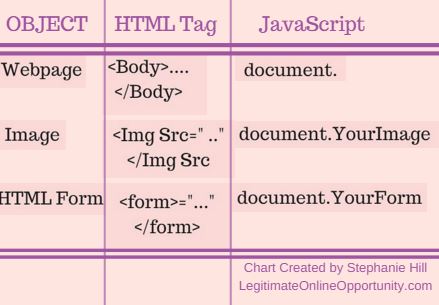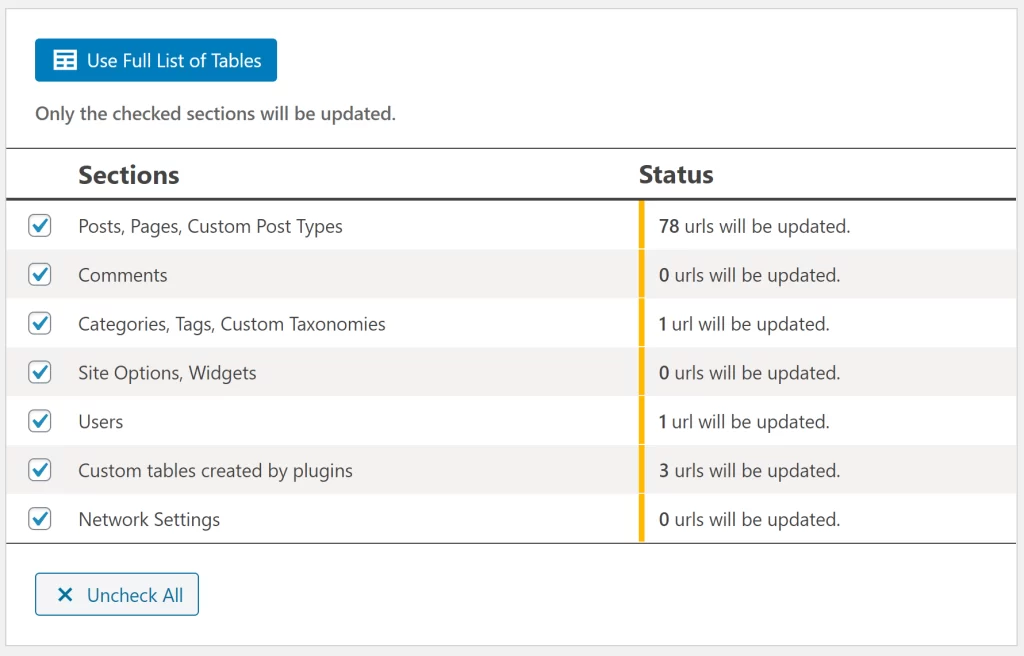

The information is considered to be from a credible source. Information such as Census statistics, Congressional hearings, and Supreme Court rulings would be included in sites with this domain. All branches of the United States federal government use this domain. If you come across a site with this domain, then you're viewing a federal government site.

However, students' personal Web sites are not usually monitored by the school even though they are on the school's server and use the. If it is from a department or research center at a educational institution, it can generally be taken as credible. Information from sites within this domain must be examined very carefully. If you take a look at your school's URL you'll notice that it ends with the domain. Sites using this domain name are schools ranging from kindergarten to higher education. Remember, there's a monetary incentive behind every commercial site in providing you with information, whether it is for good public relations or to sell you a product outright.Įducational institution. While this information might not necessarily be false, you might be getting only part of the picture. The information provided by commercial interests is generally going to shed a positive light on the product it promotes. Here follows a list of the most common domain suffixes and the types of organizations that would use them.Ĭommercial site. Many sites from the United Kingdom will have a domain suffix of. The domain suffix might also give you a clue about the geographic origin of a Web site. The domain suffix provides you with a clue about the purpose or audience of a Web site. com, which means it is a commercial entity. For example, any commercial enterprise or corporation that has a Web site will have a domain suffix of.

Sites on the Web are grouped by their URLs according to the type of organization providing the information on the site. The "dot.com" really refers to the domain of a Web site. The term "dot.com" has become a ubiquitous phrase in the English language.

The following are some elements you should look at before deciding to use a Web site as a research resource: Domain suffix To insure that the Web sites you use as information sources are acceptable for research purposes, you should ask questions about those sites. Anyone can publish opinion, satire, a hoax, or plainly false information. There are no real restrictions or editorial processes for publishing information on the Web, beyond some basic knowledge of Web page creation and access to a hosting computer. However, sites harvested by "spiders" or "robots" for search engines don't go through any evaluative process. There is also an evaluation of Web sites that are included in search directories, such as Yahoo!, at least to the extent of classifying and placing sites into a categorization scheme. Printed materials that are collected in a library go through an evaluative process as librarians select them to include in their collections. « previous of 10 next » Evaluating Internet Information "dot com" "dot gov" suffixes and country codes explainedĪny information that you use to support ideas and arguments in a research paper should be given some scrutiny. This is not true anymore, showing that eligibility requirements in TLDs, or even structure, change over time.UK is open to direct registrations now, see Īnd also, side rant, when you work with domain names/TLDs please do not forget about IDNs, that could happen in any label in the DNS.Home » Tips for Using the Internet » Evaluating Internet Information co.uk since (AFAIK) individuals cannot register sites without having the.
#URL ENDINGS LIST HOW TO#
The best solution is to use the Public Suffix List at but first make sure to go to main site at to learn in details about what it is, how to use it and its shortcomings. Having the list of those is currently still an unsolved problems, if you take into account the needs of automated process, freshness, decentralization of updates, etc. Of course this gives you only "Top Level Domains" not all "suffixes" under which a registry exists to allow the public (in general or part of it) to register domain names. AXFR with the added benefit that this is protected by DNSSEC (where the previous HTTP URL has no protection against tampering)
#URL ENDINGS LIST DOWNLOAD#


 0 kommentar(er)
0 kommentar(er)
